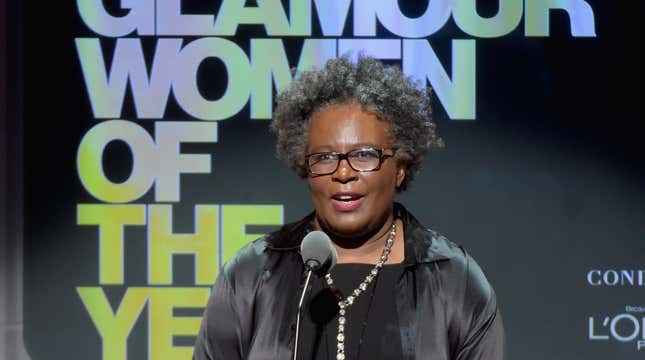

Poet and playwright Claudia Rankine has a new collection of essays, Just Us, coming out next year, and the New York Times Magazine published a phenomenal excerpt in this week’s issue. The essay, titled, “I Wanted to Know What White Men Thought About Their Privilege. So I Asked,” digs into how white people understand their own whiteness—do they recognize white privilege? Do they believe, as one white friend told Rankine, that whiteness has them “absorbing the problems of the world”?
Rankine, a frequent first class traveler, decided to start asking the white men on her flights how they felt about being white. Her first attempt came when a man cut in front of her in the first class boarding line:
-

-

-

-

-

-

-

-

-

-

-

-

-

-

-

-

-

-

-

-

-

-

-

-

-

-

-

-

-

-

-

-

-

-

-

-

-

-

-

-








































